maanshanshi specialty
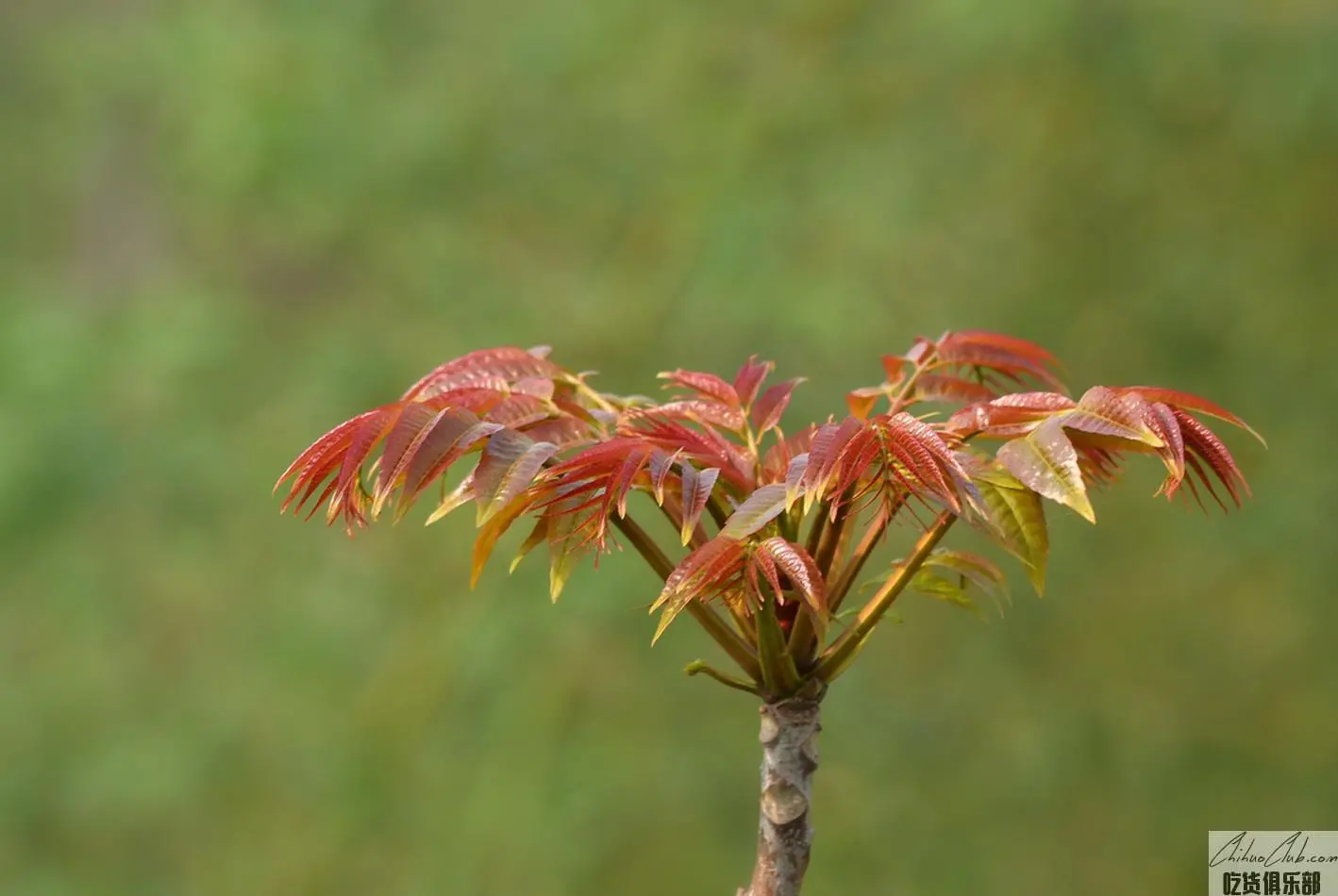
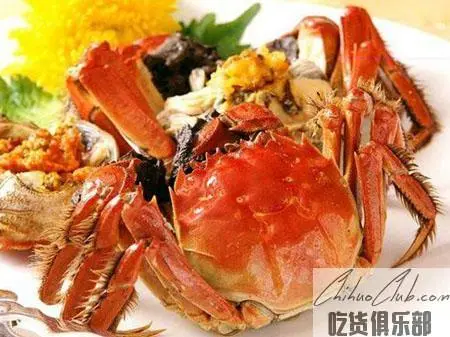
In the history of the Shiji Lake crab, it has been called “Huajin Crab” and is one of the three famous Chinese crabs. It has a long history and is in the famous book “Dangtu Range Rover” for the culture, famous products and delicacies of Dangtu County. There is a historical legend of "Bizhu crab wine". According to legend, the famous scholar of the Eastern Jin Dynasty Bi Zhuo "has gotten hundreds of boats, and has two heads at the time. The right hand holds the wine glass, the left hand holds the crab claws, and the float boat is in the boat." lifetime".

At the end of the Eastern Han Dynasty, Cao Cao cut Wu, "four Yue Chaohu", and the soldiers in the Jianghuai area, in order to facilitate the marching of the army, Yun Cao Bing opened the water (also known as the Weihe River), the war-like shuttle. After the opening of the Weihe River, the trade prospered. The wines of Yunyu Town have been scented for a long time, and they have become the top products of the upper class. After Cao Cao drinking alcohol, Da Yue, said: This is the only liquid in the sky. Because it was transported from the Weihe River to various places, it was named "Ancient Yunyun", and it has been known since then. Yunyi wines are handed down from the same vein, inheriting the unique traditional brewing process, collecting the aura of the Yangtze River and Chaohu Lake, selecting the finest Wuliang, the old glutinous fermentation, using unique techniques to carefully brew, sealing the wine into the tank, the cellar secret. The wine is rich in flavor, the mouth is sweet, the taste is supple and the aftertaste is long.
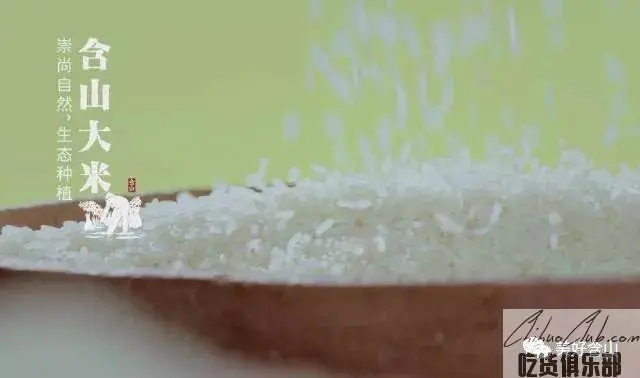
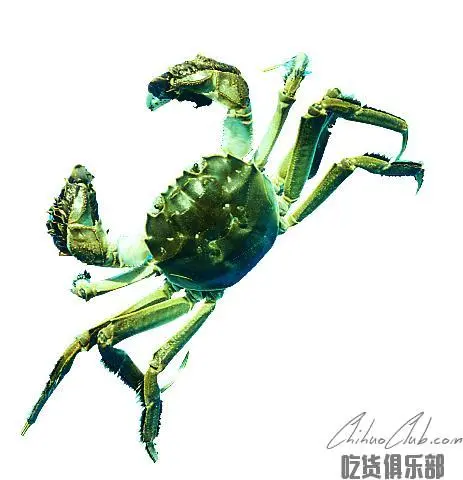
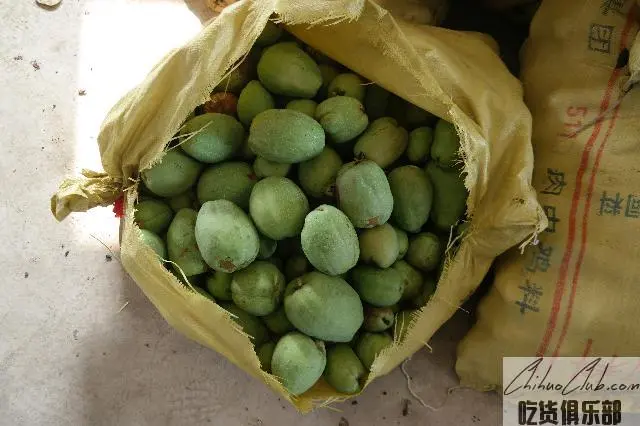
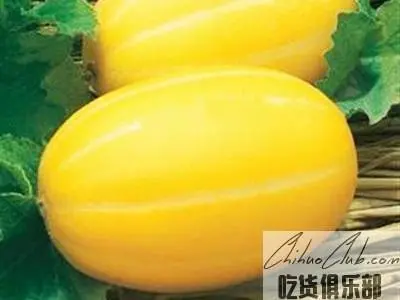
The golden melon is also known as the ten-pointed golden melon. The academic name is Elizabeth thick melon, which is called golden melon because of its golden color. The shape of the golden melon is round, and the ripe melon smells like a pleasant fruit. The milky white flesh is sweet and juicy, and the cheeks are fragrant. The golden melon is rich in nutrients, has the effect of replenishing vital energy, reducing inflammation and relieving pain, detoxifying and killing insects, and has good curative effect on hypertension, coronary heart disease and obesity in the elderly. The golden melon flowering period is from May to July. From July to August, it is actually the melon that we usually say, and the golden melon is another name.
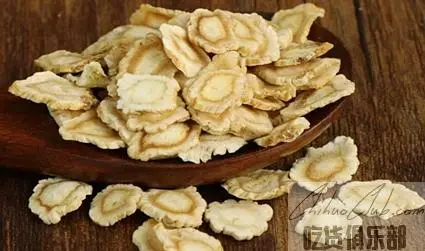
Platycodon grandiflorum is a kind of medicine and food plant, also known as "small ginseng". It is a traditional Chinese herbal medicine. It has the effects of relieving cough, phlegm, Xuanfei and pus. It has long-term consumption, physical fitness, and throat. Moisturizing and other effects. Taihe County has been planting platycodon grandiflorum for more than 100 years. Qing Daoguang's "Yiyang County" said that "Xiao dynasty" was a special product of the Taihe area at that time. When Su Dongpo, a great writer of the Northern Song Dynasty, came to know Zhangzhou (now Fuyang City), there was a poem saying "Chicken 壅 壅 一 一 一 称 称 堇 堇 。 。 。 。 。 。 。 。 。 。 。 。 。. The Southern Song Dynasty poet Xie Yude "Give the Confucianism Chen Xiyan" poem: "The most common of the pigs are the platycodon grandiflorum, the poems of the medicine cages have poems; the mohism of the front, the good doctors."
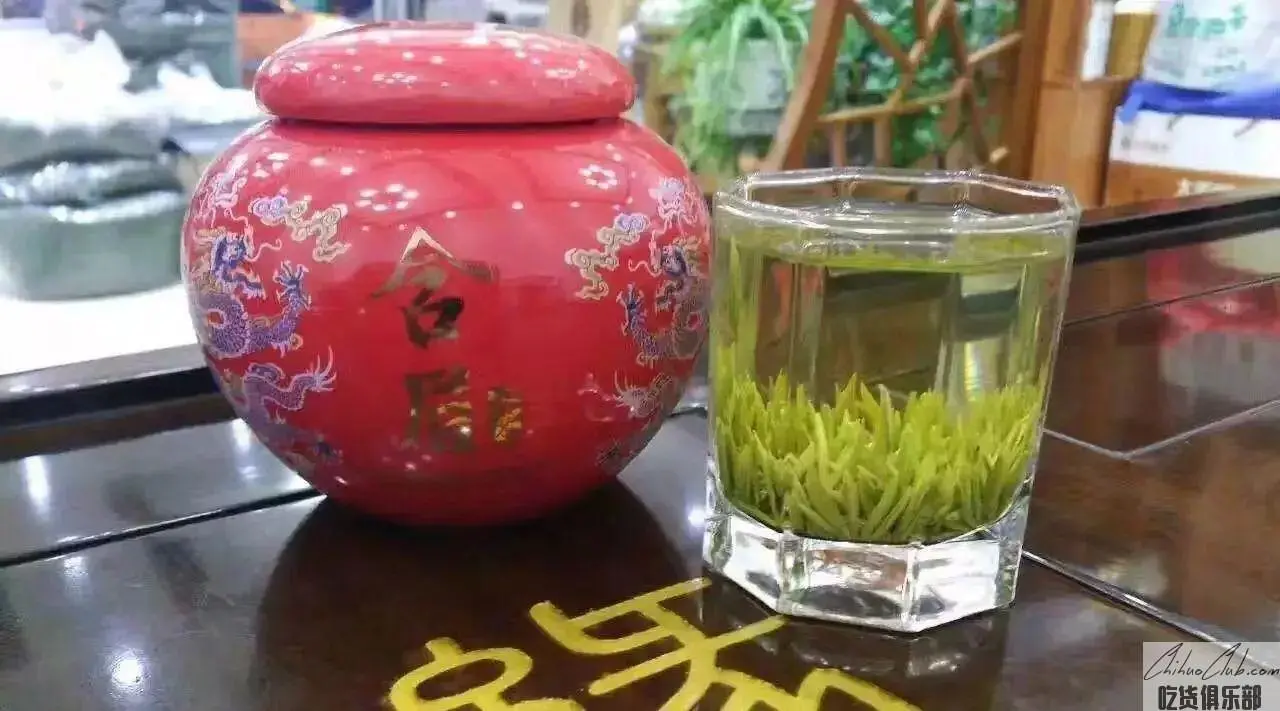
The mountain-containing tea has a long history. According to Kangxi's "Hanshan County", it was recorded: "The famous priest Chen Yu of the Five Dynasties and Song Dynasties used to cultivate alchemy in the mountainous Cangshan, and planted the tea species and gave them the method of production," and later produced the "far mountain". During the period of tea, such as "Moon", the "Yuanshan Tea" produced during the period was of good quality and used to be a tribute tea. (After the understanding of the "Year Mountain", it refers to the shape of the tea bud in the early spring, such as a woman, with emotions, eyebrows and eyes. According to the history of the tribute tea "Yuanshan", combined with the county name of the county "including mountains", later renamed "including eyebrows", including, not only refers to the name of the mountain, but also refers to the quality of the tea buds to be released; eyebrow, Refers to the beautiful shape of the tea, interpretation: the mountain contains watery ecology with eyebrows. According to the county records, in the twenty-third year of Kangxi (1684), one hundred yuan of Shanggong tea was collected. "Chinese famous tea" records; "Anhui famous tea in the Song Dynasty, in addition to yellow buds, Tianzhu, Lushan Yangpo horizontal grain tea, there are Liuan Longya, and Cangshan tea (with Yuanshan, 茗茶, etc.) ).